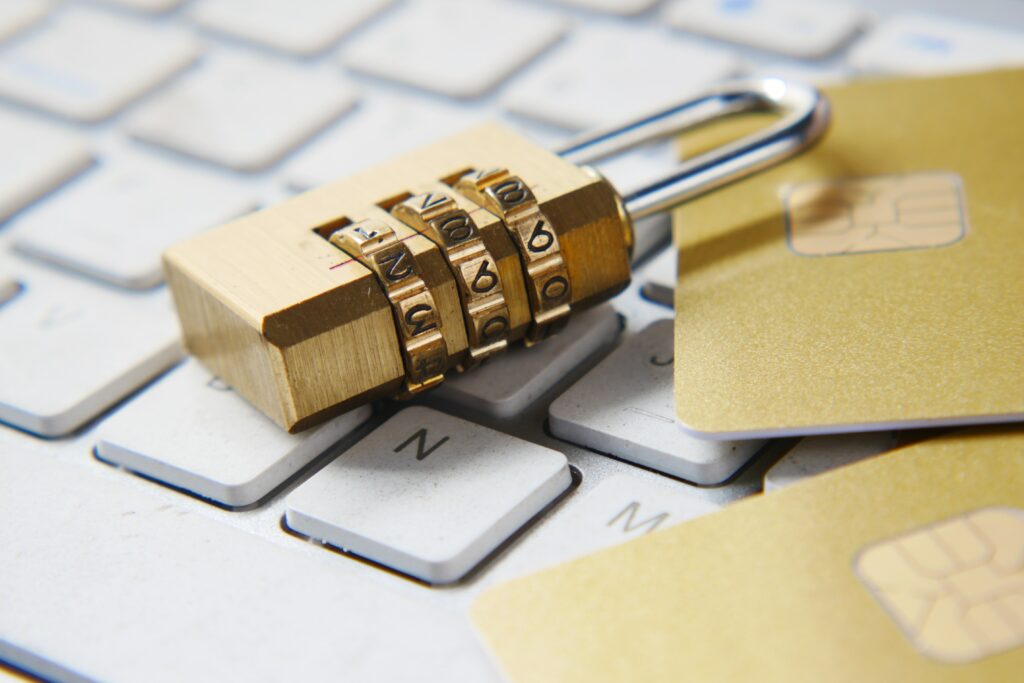
Creating passwords can be a pain for just about anyone. It can be cumbersome and many people fail simple password best practices by giving in to reusing passwords. In fact, around 80% of cyberattacks are due to the use of weak, reused, or exposed passwords—making password protection a vital tool for online security.
Whether you’re creating a password for a new account or updating an existing one, following the right password security steps can help keep your information safe. To help you choose better passwords and protect them from being hacked, here are 7 useful tips for password security.
1. Use a Password Management Tool
If you can’t remember all of your passwords, don’t write them down on a sticky note. A custodian could accidentally throw it away, or it could get into the wrong hands. Instead, use password management software or a password manager to store your passwords in an encrypted format for easy recovery when needed.
At TrinWare, we believe in password security and offer a robust password management tool with every managed service contract we write. Our password manager stores your password data securely and makes it easy to manage access for multiple users.
2. Create a Long and Complex Password
The longer and more complex your password is, the better. Avoid using common words or phrases like password1234 which can easily be guessed by hackers. Instead, password best practices include creating a password with at least 8 characters that consist of uppercase and lowercase letters, numbers, and symbols.
3. Don’t Use the Same Password for Multiple Accounts
It’s easy to remember and use the same password for multiple accounts, but it’s not secure. If a hacker discovers your password on one account, they can easily access all of your other accounts too. Password best practices include mixing up your passwords by using different, complex ones for each online service or website you use.
4. Don’t Share Your Passwords
Never share your password with anyone, even if they claim to be from a legitimate company or organization. Even if it’s with a friend or family member, you never know who else could gain access to your password if it falls into the wrong hands. If you think someone has gained access to your password, change it immediately.
5. Set up Multi-Factor Authentication
Many accounts offer multi-factor authentication as an extra layer of security. This requires you to enter a password plus another form of identification such as a security code sent to your phone or a biometric scan. Without this additional security measure and password best practice, anyone can access your account if they know the password.
6. Use Unique Security Questions
Hackers can easily guess the answer to commonly used security questions. Make sure to choose unique password security questions with answers that cannot be easily guessed, and avoid using information like your mother’s maiden name or the city you were born in.
7. Change Your Passwords Regularly
One of the top password best practices is updating your password regularly—at least once every few months—and avoiding reusing old passwords. Changing passwords frequently helps ensure that your account remains secure and protected from any malicious attempts.
Partner with TrinWare for a Secure Business
Don’t leave your business vulnerable to malicious attacks. TrinWare’s IT solutions are designed to provide your business with the security and protection it needs, such as following password best practices and securing your data.
From password management tools to data backups and round-the-clock IT support, our experts are here for whatever your business needs. Schedule a consultation with our team of experts to find out how TrinWare can help protect your business from cyber threats.




